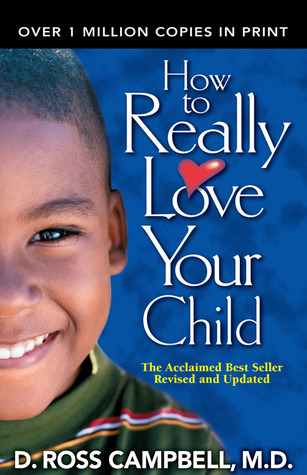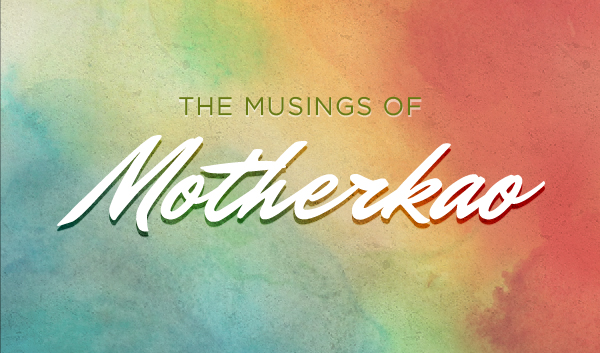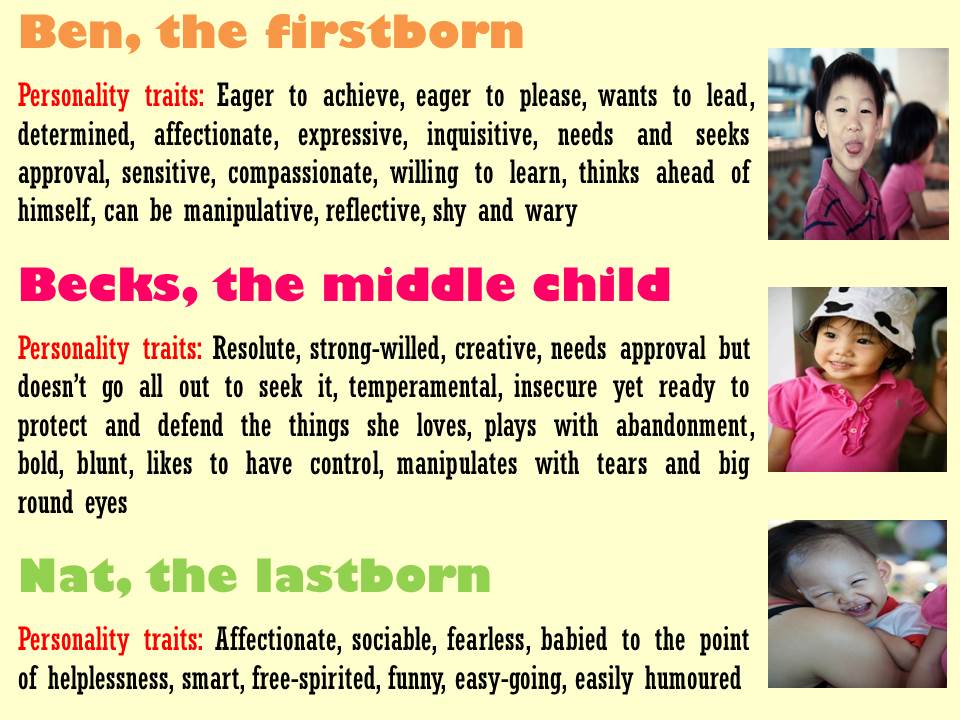Our copy of this book is pretty dog-eared and crumpled. It’s also been tagged much, with a fair bit of highlighting. Since Ben was born, fatherkao and I have been reading and rereading this book, which was given to us by a dear friend who was blessed by it.
 This book is loaded with plenty of useful and practical information on how to genuinely love and discipline our children so that we can establish a love-bond relationship with them.
This book is loaded with plenty of useful and practical information on how to genuinely love and discipline our children so that we can establish a love-bond relationship with them.
Here are some of my key takeaways from the book:
1) On the foundation of all parent-child relationships: 1 Corinthians 13:4-7 – real love is unconditional and must be our guiding light in child rearing.
2) How to put feelings of love into action #1 – showing love through eye contact. Eye contact is one of the main sources of a child’s emotional nurturing. Use eye contact to convey unconditional love.
3) How to put feelings of love into action #2 – showing love through physical contact. Don’t touch your children only when necessity demands it. Physical contact goes also beyond hugs and kisses. It’s in simple everyday things like gently poking the ribs, tousling their hair and patting their shoulders. These are ways to assure a child’s emotional security. Dr Campbell says we need to “incorporate physical and eye contact in all our everyday dealings with children” and this can be done naturally and comfortably. Children growing up in a home where parents use eye and physical contact will be comfortable with themselves and other people. These two gifts of love are the most effective ways to fill a child’s emotional tank and enable the child to be the best he or she can be.
3) How to put feelings of love into action #3 – showing love through focused attention. Focused attention is giving a child full, undivided attention in such a way that the child feels without doubt completely loved; that the child is valuable enough in his or her own right to warrant parents’ undistracted watchfulness, appreciation and uncompromsing regard. In short, focused attention makes a child feel like the most important person in the world in his or her parent’s eyes. How can we do that? Prioritise, watch for unexpected opportunities, schedule and plan. These moments are “investment in the future, especially the years of adolescence” and is the “most powerful means of keeping a child’s emotional tank full”.
4) On discipline: Discipline is done in love and it’s about training the child in the way he should go. How well a child responds to discipline depends primarily on how much the child feels loved and accepted.
5) On loving discipline: When our child misbehaves, we must ask ourselves, “What does this child need?” The tendency is for us to ask, “What can I do to correct this child’s behaviour?” Only when we we ask ourselves the first question can we proceed logically from there. Only then can we take care of the misbehaviour, give what the child needs and permit the child to feel genuinely loved. The next step is to ask ourselves, “Does the child need eye contact? Physical contact? Focused attention?” In short, does the emotional tank need filling? We must first need these needs and should not continue to correct a child’s behaviour until we have met these emotional needs.
Here’s what I caught from the heart of the author:
There’s a lot to digest and understand from the nuggets of truth and advice shared in this book – and they all have to be understood at the heart level and not the head level. I know a million and one things what to do and what not to do in my mind; but this book cannot be read with the mind alone.
Three things from the book really stuck with me. Number one, the marriage must be ok. The “prerequisite of good child rearing” is the most important relationship in the family, which is the marital relationship. “Both the quality of the parent-child bond and the child’s security largely depend on the quality of the marital bond.” So often, this bond gets weaker as the demands of child rearing intensify through the child’s growing years. Yet, it is this very bond that provides the most effective setting for raising a child.
Number two, children are much more emotional than cognitive. They, therefore, remember feelings much more readily than facts. They remember how they felt in a particular situation much more easily than they can remember the details of what went on.
Number three, seize moments of opportunity to love. If you’ve missed one, you’ve missed one. So always be on the look out for more and try not to miss any!
Learning all these have helped an often guilt-ridden, frustrated, task-focused and controlling mother like me to transfer the heartfelt love in my heart to little seemingly insignificant actions to love my children. I’m still learning, and there’s so much more to learn. May this year be a year of greater learning to really love them all.





No Comments